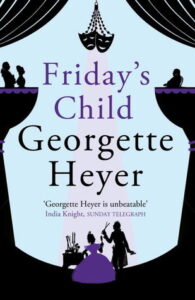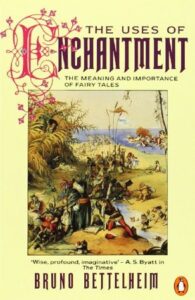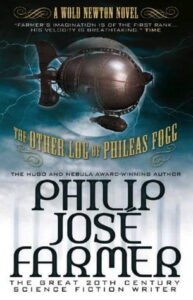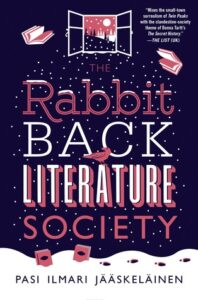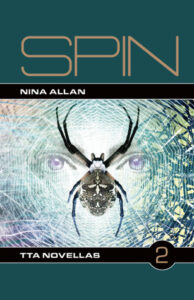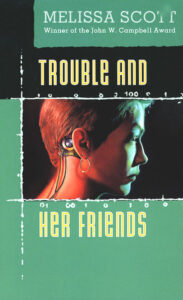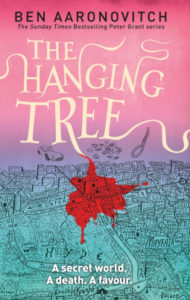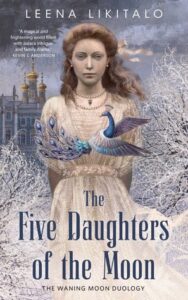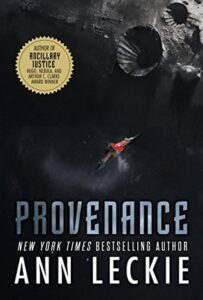 Provenance, Ann Leckie
Provenance, Ann Leckie
Provenance is not Ancillary Provenance, for sure. The main character is very different from Breq — human, for one thing, and rather less capable, for another. She’s immature and she doesn’t yet know herself, her own capabilities or her own strength. I can sort of understand some reviews who found her a bit of a wet blanket, especially if you know Breq already. But I enjoyed the, well, more human character, in this context. Admittedly, though, Ingray is not my favourite thing about this novel. That would be Garal, by far, and Tic in second place.
But really, what I enjoyed was the societies built up for the story to take place in: the fact that children aren’t gendered, but choose their permanent name and declare their gender as young adults, once they feel comfortable and sure. I enjoyed the handling of that, the care people gave to getting the right pronouns and respecting people’s choice — and the odd moment where someone changes their name as an adult and most people ignore eir preference, which gets called out by the narrative because the people who matter do respect it and just… As a queer person, all this acceptance just goes straight to my heart, and makes me feel like Leckie knows she’s writing for an audience that includes me and the people I know.
For that reason, I feel really weird about the reviews which complain about the “made-up” pronouns (they’re not made-up, they’re in use in the queer community already) or the lesbian relationship and say there’s no “point” in the relationship between Ingray and Teucris, or in Garal being a neman (gender neutral). I think the point is just that these are relationships that happen, identities people already claim, and the way we do things now in the mainstream isn’t the only way to do things. The point is, there are and can be worlds where everyone belongs.
But I don’t think it’s Leckie’s intention to use the story to make a point: the characters’ identities aren’t important to the overall shape of the plot. Perhaps part of the point is just you’re not in Kansas anymore.
The story itself was fun, though not as strong as the Ancillary books. To me this was more about the characters and the world, and I enjoyed it that way. If you want to see the Radch toppling, though, you’ll be disappointed. Though set in the same world, it has little to do with the Radch and is not directly related to the events set off by Breq. Still, Ancillary Sword should probably have clued you into that aspect of Leckie’s interests, focused mostly on the local events and how they affect characters we’ve come to know and love.
I can see why people won’t love this, especially if they’re looking for hard SF.

